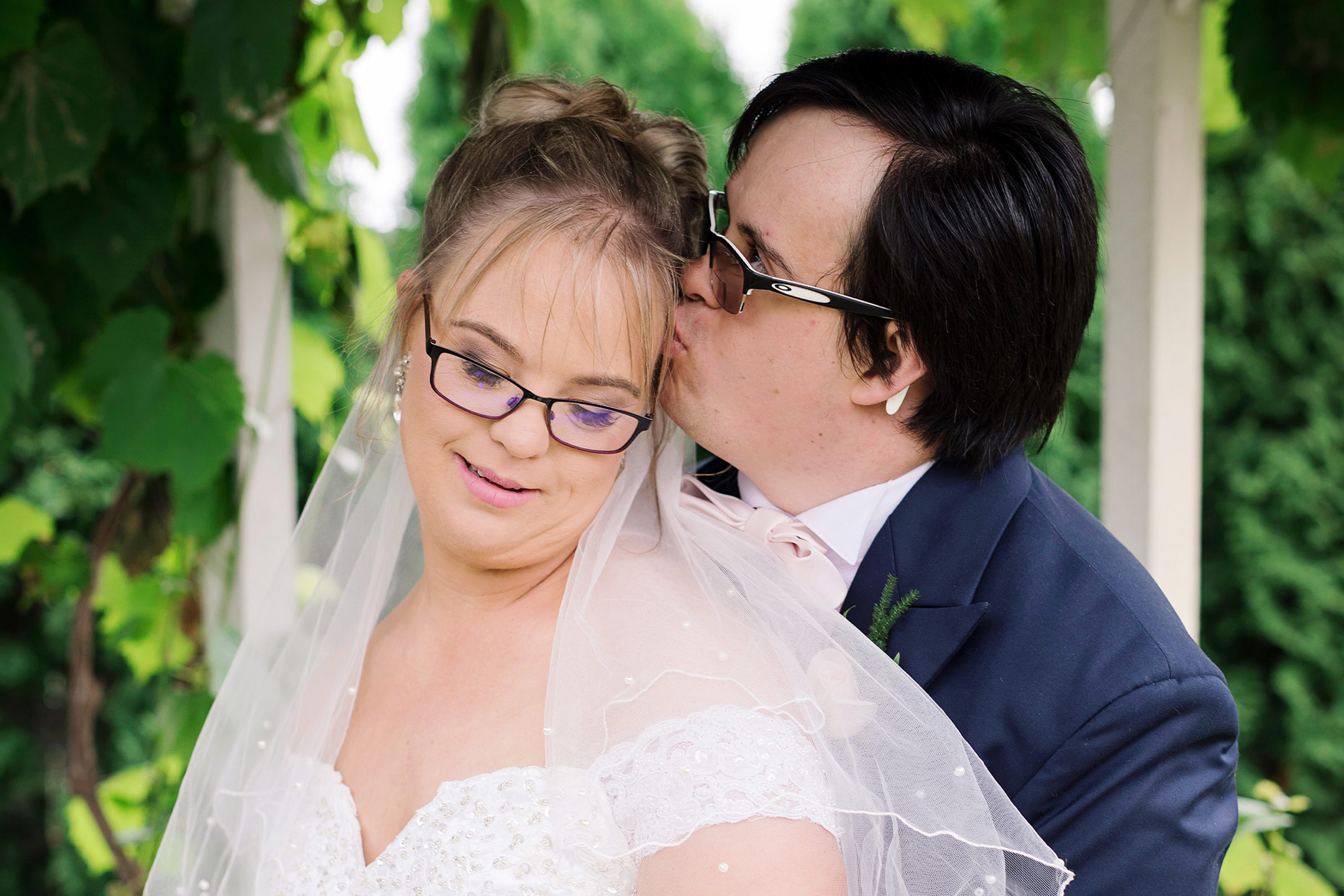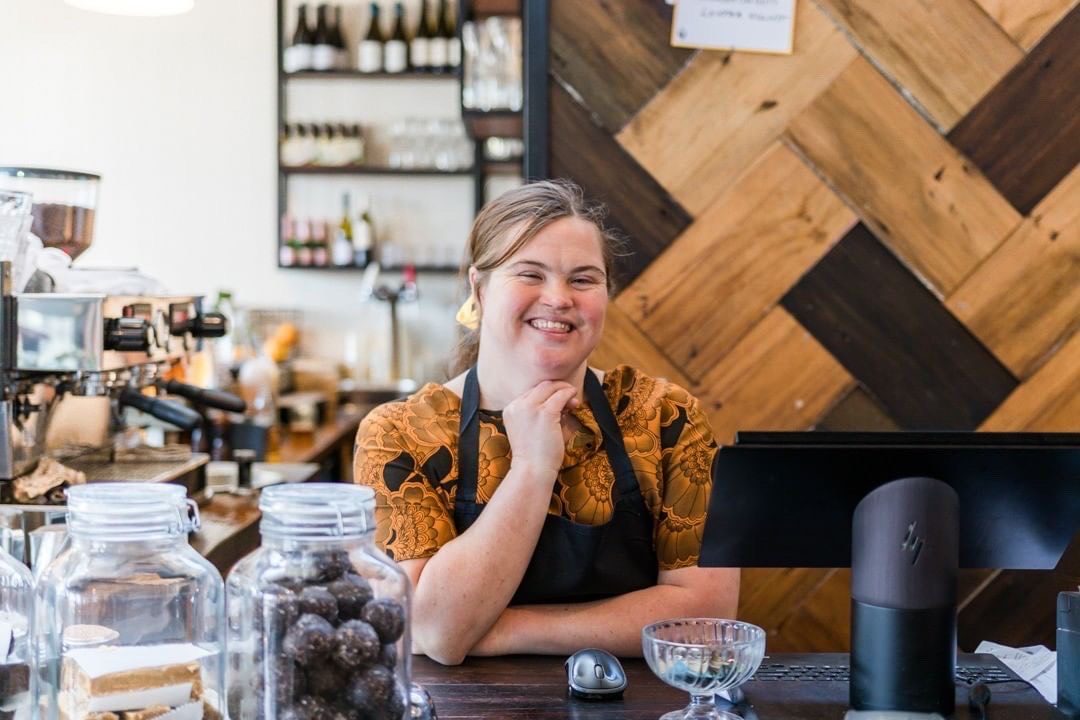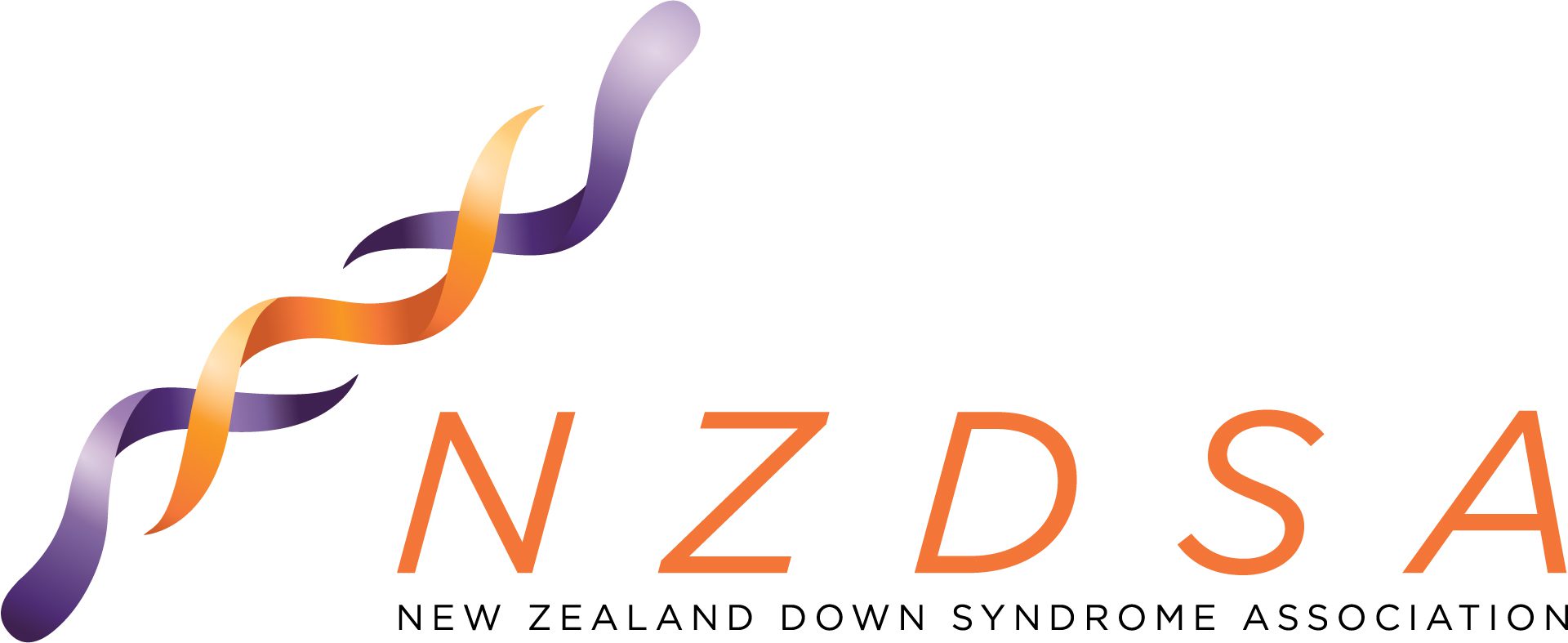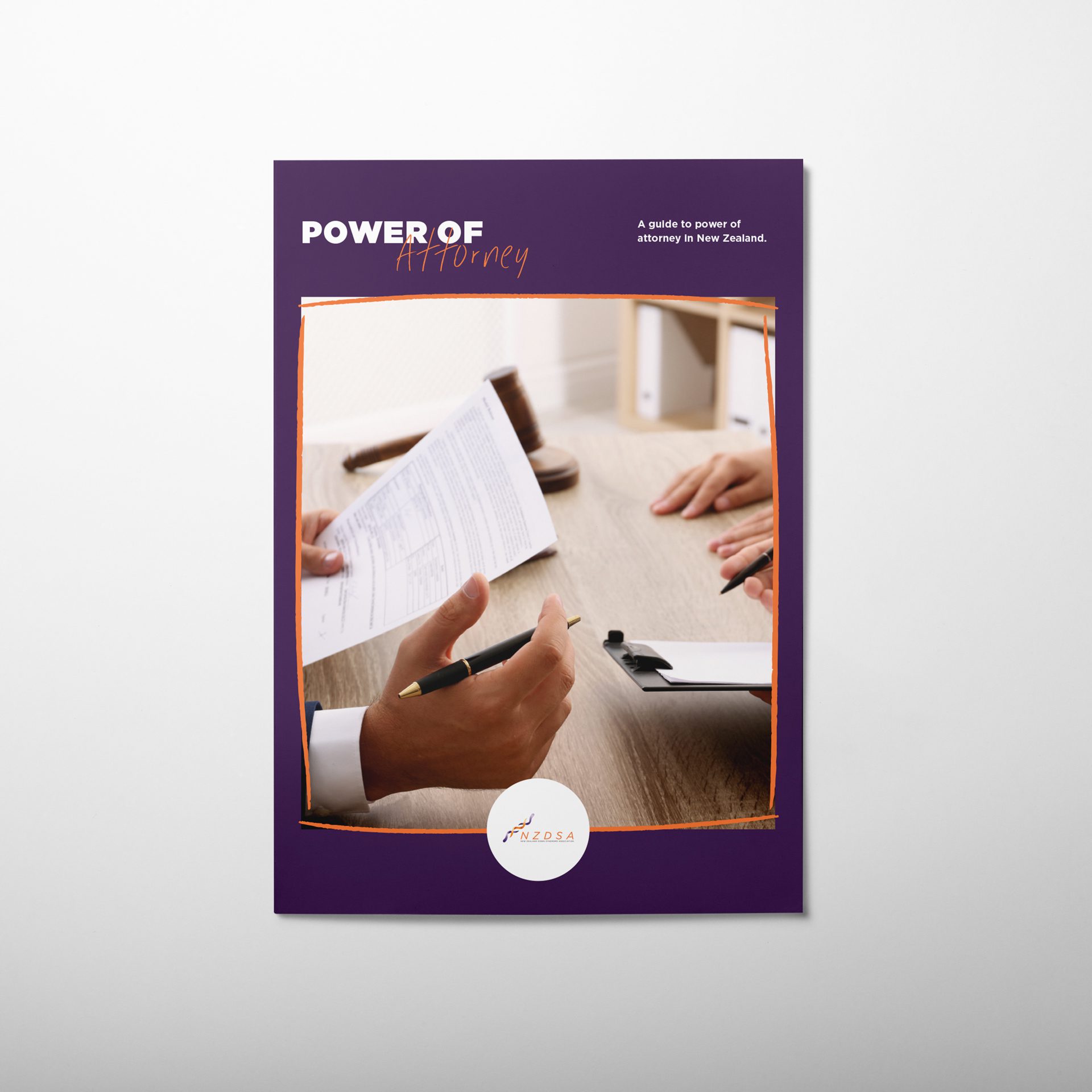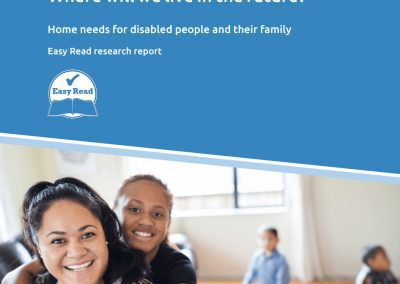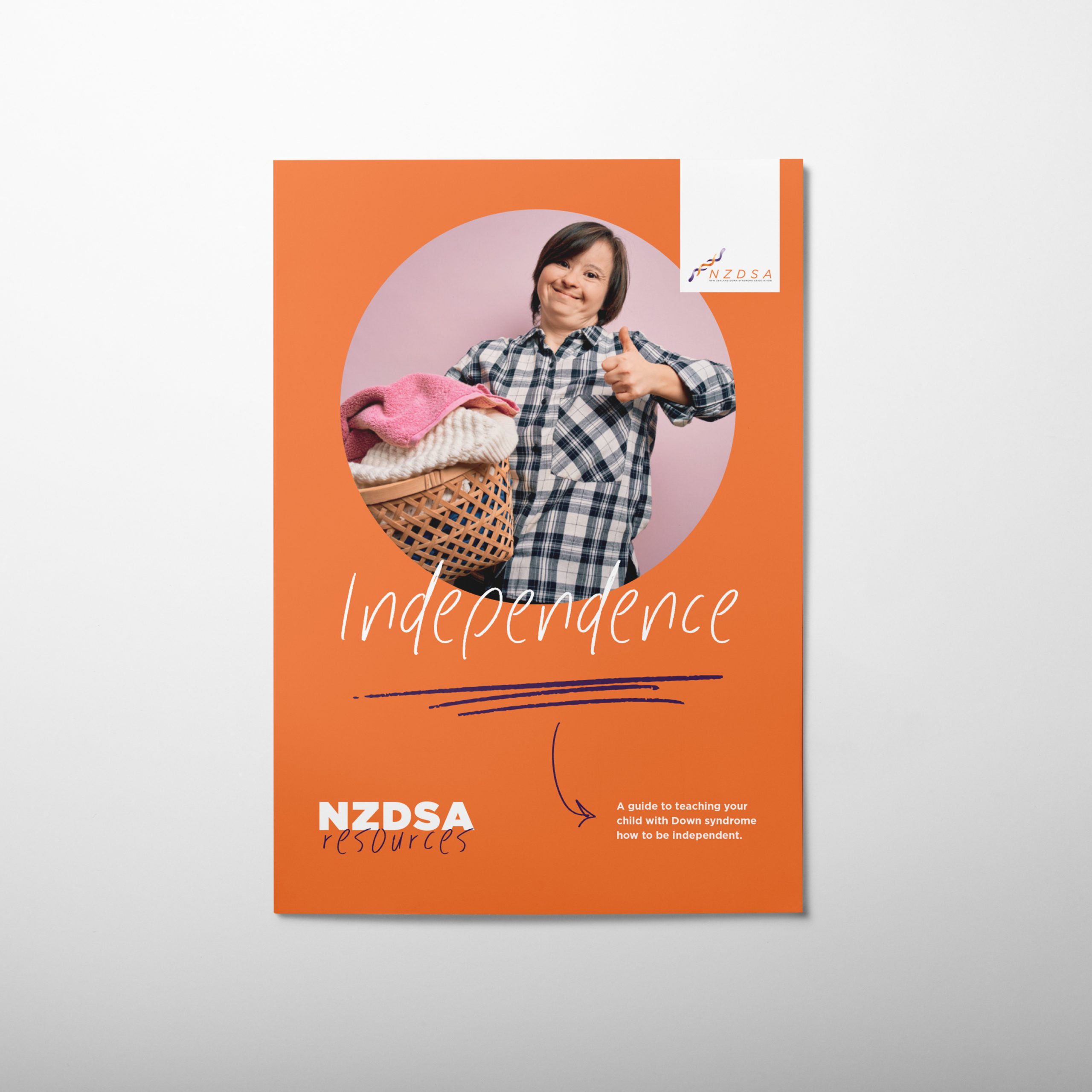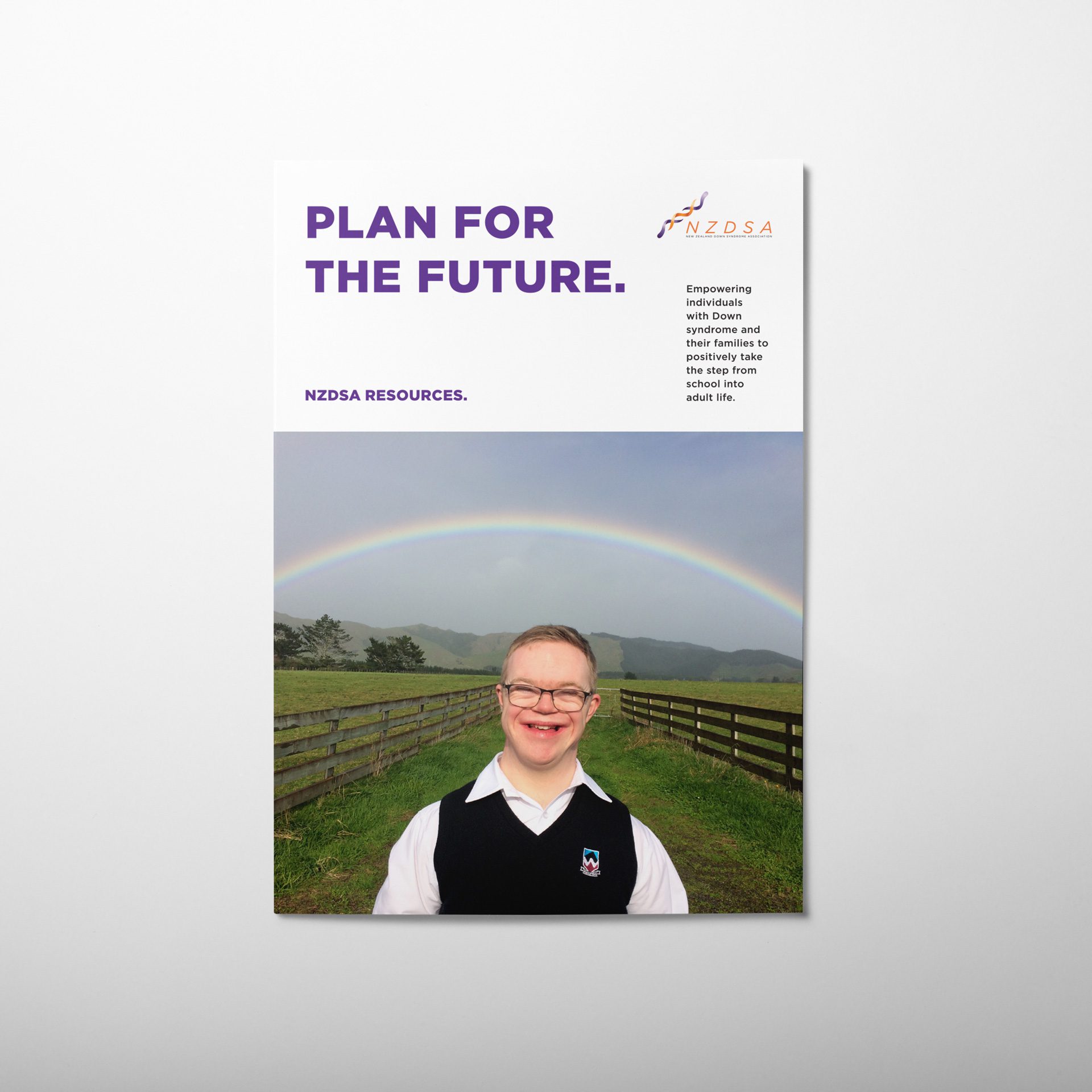Adult life
Adults with Down syndrome need opportunities and experiences in work, education, recreation, and social activities
- People with Down syndrome continue learning into their adult life. They don’t stop learning as people used to think.
- People with Down syndrome live much longer than they used to. It is important that they get good health care and are monitored for conditions common in Down syndrome.
- Some adults are part of the workforce and live independent lives in their communities. Many more people with Down syndrome are capable of this.
- Vocational support services can help adults find paid or voluntary work, continue their education or find leisure activities.
- People with Down syndrome often need their income to be supplemented by benefit allowances. They may get other benefits to assist with living and health costs. Benefits come through Work and Income New Zealand (WINZ)
- Adults with Down syndrome may live with their parents or other family members. With support, they can go flatting, own their own home or live in a supported living environment.
- Relationships and sexuality are important to everyone. People with Down syndrome may need support to maintain loving and safe friendships or sexual relationships.
